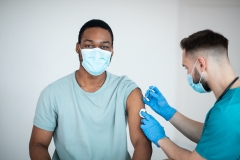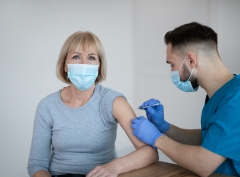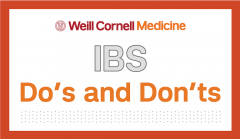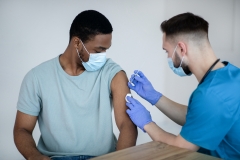Cutaneous Oncology and Melanoma Program
The Weill Cornell Medicine Cutaneous Oncology Program welcomes referrals for patients with a wide variety of skin cancers, including melanoma and nonmelanoma skin cancers, such as squamous cell carcinoma (SCC), merkel cell carcinoma (MCC), basal cell carcinoma, cutaneous angiosarcoma, dermatofibromasarcoma protuberans and all other cutaneous malignancies.








